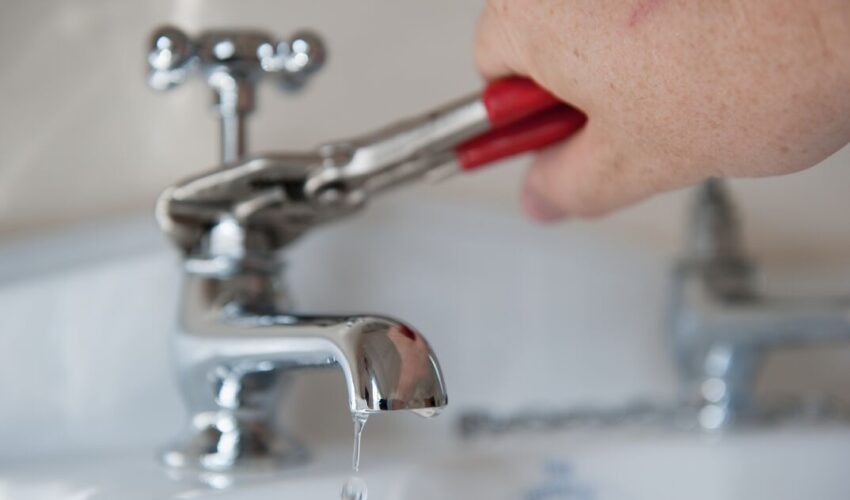Plumbing problems can be scary, but they don't have to be. With a little knowledge and practice, you can prevent many of these issues from happening in your home. Here are some of the 5 common plumbing issues and how to prevent them:
Dirty water filters
A water filter is any device that removes particles from water, such as dirt, bacteria and parasites. Filters are often used to treat drinking water in order to make it safe for human consumption. Filters can be made of a variety of materials, including sand, activated carbon and membranes. They work by either physically trapping the particles in the filter or by adsorbing them onto their surface. When should you clean your water filter? A dirty water filter may require cleaning if it starts to slow down the flow of water or if it begins to make a lot of noise when used. It’s also a good idea to clean filters regularly as part of a preventative maintenance program for your home’s plumbing systems.Corroded water lines
Corroded water lines are the most common plumbing issue. They can occur when you have a leaky home or if your water heater is old and corroded. Corrosion can also happen if there are leaks in your hot-water heater's tank and pipes, or if you have an older faucet that hasn't been properly maintained. To prevent corrosion from occurring, it's important to regularly check for signs of rust on all exposed metal parts of your home--including taps, pipes and fixtures--and fix any problems immediately by replacing them with new ones (or having them repaired).Leaking pipes
If you're noticing water leaking from your pipes, there are a few things to look out for:- Check all the connections between the pipe and fixture. Make sure that they're tight, and if they are loose, tighten them with pliers or a wrench until they're flush with each other.
- Look at the area around where your pipes meet up in the wall--if you see cracks or holes in it, that's an indicator of potential leaks. Fixing these types of damage is usually easy; just fill them in with silicone caulk or putty (you can even use duct tape).
- Check under sinks and toilets for any signs of dripping; this may be caused by clips missing from their mounting points on the underside of these objects (this will cause them to slowly detach themselves over time).
Clogged drains
- Use a plunger. If you have a clogged drain, the first thing to do is use a plunger or snake (a long tube with an attached handle that can be used to clear drains). This will help push any debris out of your pipes and into the waste water disposal system.
- Call for help from someone who knows what they're doing--a plumber!
Backup of water in sinks or toilets
- Check for a clog in the drain. If you have a sink that doesn't drain properly, it's likely because there's something stuck in the pipes. You'll need to use a snake or plumber's helper to clear out this blockage.
- Check for a clog in the overflow pipe. The same goes for your toilet--if it has trouble flushing, you need to check if there's anything blocking its pipes (like hair).
- Check for a clog in your bathtub/shower drain by using an extension cord and watching water flow through it while holding down each end of the cord with one hand; then remove any debris from inside with tweezers or fishing line after allowing some time for whatever is caught up inside these types of drains to come loose naturally over time without assistance from anyone else except perhaps whoever owns such equipment (which includes yourself!).
Proper maintenance can avoid most plumbing issues.
Proper maintenance is the best way to avoid plumbing issues. When you keep your pipes clean, they won't corrode or clog. If you have a backup in your sink or toilet, it's likely because something is clogging up that drain. When this happens, it can be difficult to fix on your own--you may need professional help from an expert plumber who can unclog any blockage that has occurred. To prevent these kinds of problems from occurring in the first place:- Keep all drains clear by regularly cleaning them out with a strainer and old toothbrush (you'll want plenty of elbow grease).
- Check for corrosion on pipes every few months by using a wire brush or device like [this one]. If there are any spots where rust has appeared around connections between metal pieces within your home's plumbing system then call us immediately so we can take care of it before anything happens!



